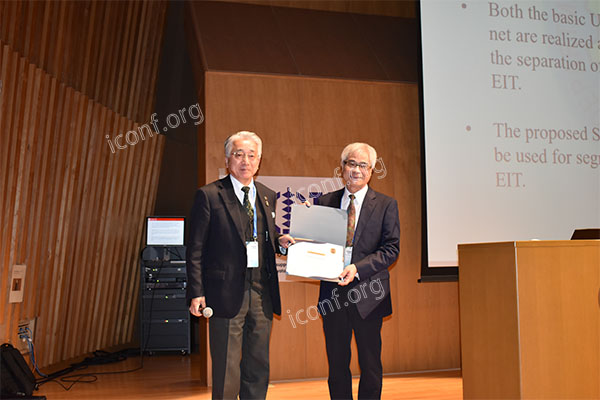Preface
In academia, securing a publication in an SCI (Science Citation Index) journal is a significant milestone in a researcher's career. Achieving this, however, requires more than solid research; it demands high-quality paper writing, effective communication of research findings, and the cultivation of academic networks. Academic conferences play a pivotal role as a bridge between researchers and academic journals, an essential part of this journey. This guide will explore how to leverage academic conferences to craft papers worthy of publication in SCI journals, introducing iconf.org—a comprehensive platform supporting your academic publication endeavors.
Academic Conferences: The Launchpad for Paper Writing
Academic conferences provide a platform not only for showcasing research but also for gathering peer feedback, learning about cutting-edge developments, and forging academic connections. Active participation in conferences enables researchers to:
- Receive Immediate Feedback: Directly engage with audiences to gain insights and suggestions that refine paper structure and arguments.
- Broaden Horizons: Gain exposure to the latest trends, sparking new research ideas that make your paper more innovative and engaging.
- Build Networks: Connect with potential collaborators and journal editors, relationships that could facilitate future paper publications.
Constructing Your Paper: From Concept to Publication
Inspired by conference experiences, the next phase involves writing your paper. Here are critical steps to help you create a paper that impresses SCI journal editors:
1. Define Your Research Question: Ensure your objectives are clear and your problem statement is precise, laying the groundwork for your paper's success.
2. Literature Review: Thoroughly review existing literature in your field, highlighting how your research addresses gaps and why it matters.
3. Methodology & Analysis: Detail your research methods and data analysis processes, ensuring replicability.
4. Results Presentation: Clearly and objectively report your findings, avoiding exaggeration.
5. Discussion & Conclusion: Interpret the significance of your results, situate them within the broader academic context, and suggest directions for future research.
iconf.org: Your Academic Companion
iconf.org is a platform focused on academic conference information and paper publication support. It offers a wealth of meeting listings alongside tools and services designed to assist you through every stage of the paper-writing and publication process:
- Conference Finder: Quickly identify academic conferences aligned with your research area, enhancing engagement opportunities.
- Paper Writing Guidance: Provides professional advice on crafting SCI journal papers, covering structure, citation standards, and more.
- Mock Peer Review: Before submission, simulate the peer review process to preemptively address potential issues.
- Submission Strategy Advice: Learn how to select suitable journals and develop effective submission strategies.
Epilogue
Crafting a paper worthy of publication in an SCI journal is a challenging yet rewarding journey. By harnessing the resources available at academic conferences and the comprehensive support offered by iconf.org, you can elevate the quality of your paper and increase your chances of publication. As your steadfast companion on the academic path, iconf.org provides the resources and guidance needed at every career stage. Join us now to embark on your academic publication journey!
---
This piece aims to highlight the role of academic conferences in the paper writing process and demonstrate how iconf.org serves as your academic companion, supplying everything required from conference engagement to SCI journal publication. Regardless of whether you are a budding scholar or a seasoned researcher, iconf.org is here to empower you in crafting outstanding papers and realizing your academic aspirations. Visit iconf.org today to enrich your academic voyage!
